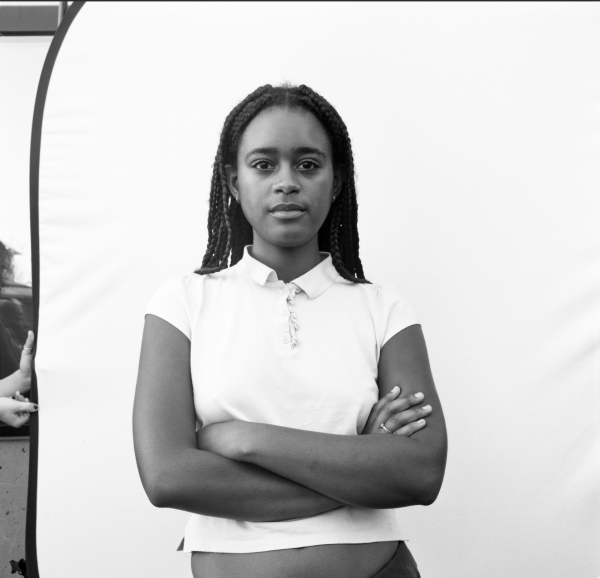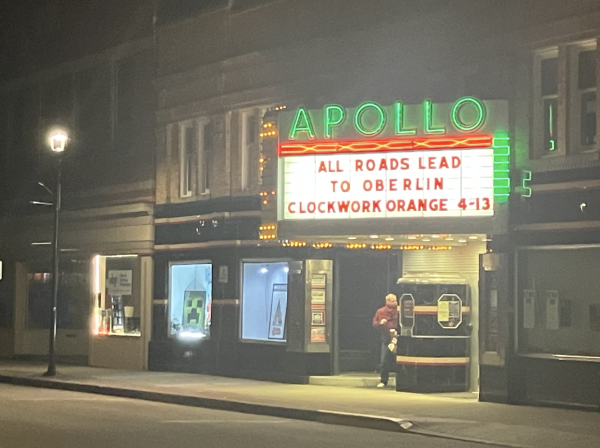Looking Beneath the Laughs in Coming-of-Age Comedy “Good Boys”
Based on the trailer, it’s easy to compare Good Boys to previous action-comedies like Superbad, Bad Teacher, Year One, and Bad Grandpa. However, while the humor of comparable movies is often delivered by adults or teenagers, Good Boys shifts the focus to three youthful and inexperienced pre-teens. In Good Boys, most of the comedy comes from scenes in which the three naive protagonists, called “The Bean Bag Boys,” misinterpret the adult content they come into contact with. For example, Thor, one of the three Bean Bag Boys, mistakes a BDSM mask in his parent’s closet for protective wear and puts it on to answer the door for a stranger.
While I enjoyed the comedy in the film, I question whether I should have laughed at scenes like these. The movie trivializes an experience that is a frightening reality for many parents: kids putting themselves in danger because of premature access to the adult world. While it was enjoyable to laugh about what the boys didn’t know, as in the scene with the BDSM mask, what they did know reflected the fears of many parents whose children have too much access to the adult world.
The theme of encountering adult topics prematurely is especially relevant due to the kid’s access to the internet. In one scene, Thor types “PORB” into Google. I suspect that this gaff was written to reduce the tension of the scary reality it reflected: insufficient security on the internet for children. I understand that, through scenes like this, the movie is an effective tool for relieving the stress of protecting kids in our current age, but I question whether the pressure should have been lifted at all.
While I had mixed feelings about the movie’s overall theme, I was decisively upset by its archaic portrayal of female characters. Every woman in the movie is either a villain, mother, or object. The teenage girls, Hannah and Lily, were archetypal villains who continually put the protagonists in danger for their own self interest. They constantly antagonized the boys, eventually forcing them to buy drugs from a frat house and plotting to abandon them if anything went wrong. The mothers played only a small and passive role. After hearing that her son had handled drugs, watched porn, dislocated his arm, and ran across a highway, Lucas’s mother dismisses the dangerous behavior as “gibberish.” Brixlee, one of the boys’ romantic interest, is presented as a one-dimensional trophy. The story focuses on the perspectives of boys who are inexperienced with girls their own age, but the movie should express this without creating female characters that are foreign, frightening, and passive objects.
The film is also riddled with dialogue that is dismissive of the traumatic reality of sexual harassment. Characters are quick to make false accusations of misogyny, perversion, and sexual abuse to get what they want, using a serious societal problem as a tool for personal gain. When Hannah and Lily catch the boys spying on them, they threaten to tell the school that the boys are perverts and misogynists. Lucas’s defense, “I respect women, my mom is my best friend,” sounds like a broken record; a hackneyed phrase devoid of its original meaning. Worse still, the boys falsely accuse their babysitter, Lily, of sexually harassing them in order to send a cop after her. The boys made the accusation with no consideration of how their behavior discredited the survivors of real sexual harassment. Although there is a more progressive scene in which one of the boys chastises the other for not asking for consent when he’s about to practice-kiss a CPR doll, this does not make up for some of the film’s less socially conscious scenes.
It’s disappointing to realize that a funny movie is a harmful one, but I always prefer to understand what’s underneath the humor. If you still want to see this movie after reading this review, go ahead. It might make you laugh too. Just reflect on what it is you’re laughing about.








